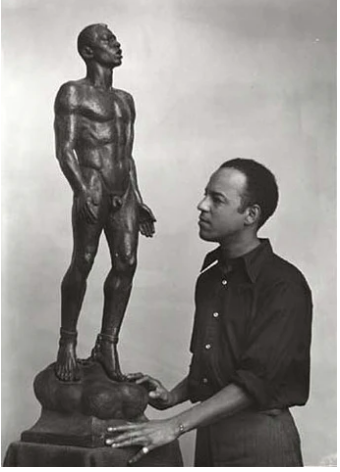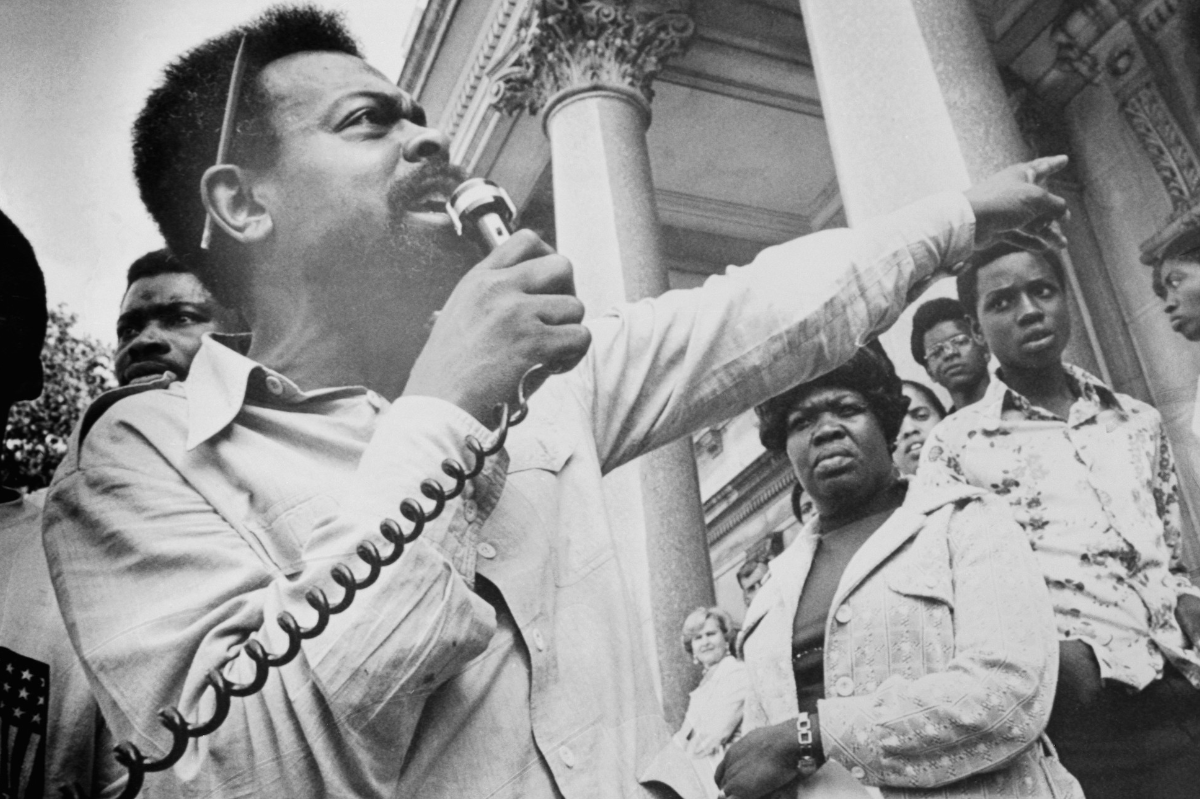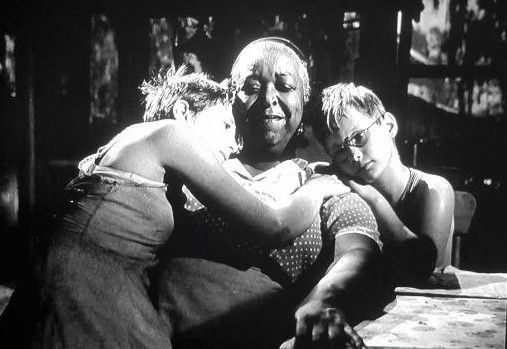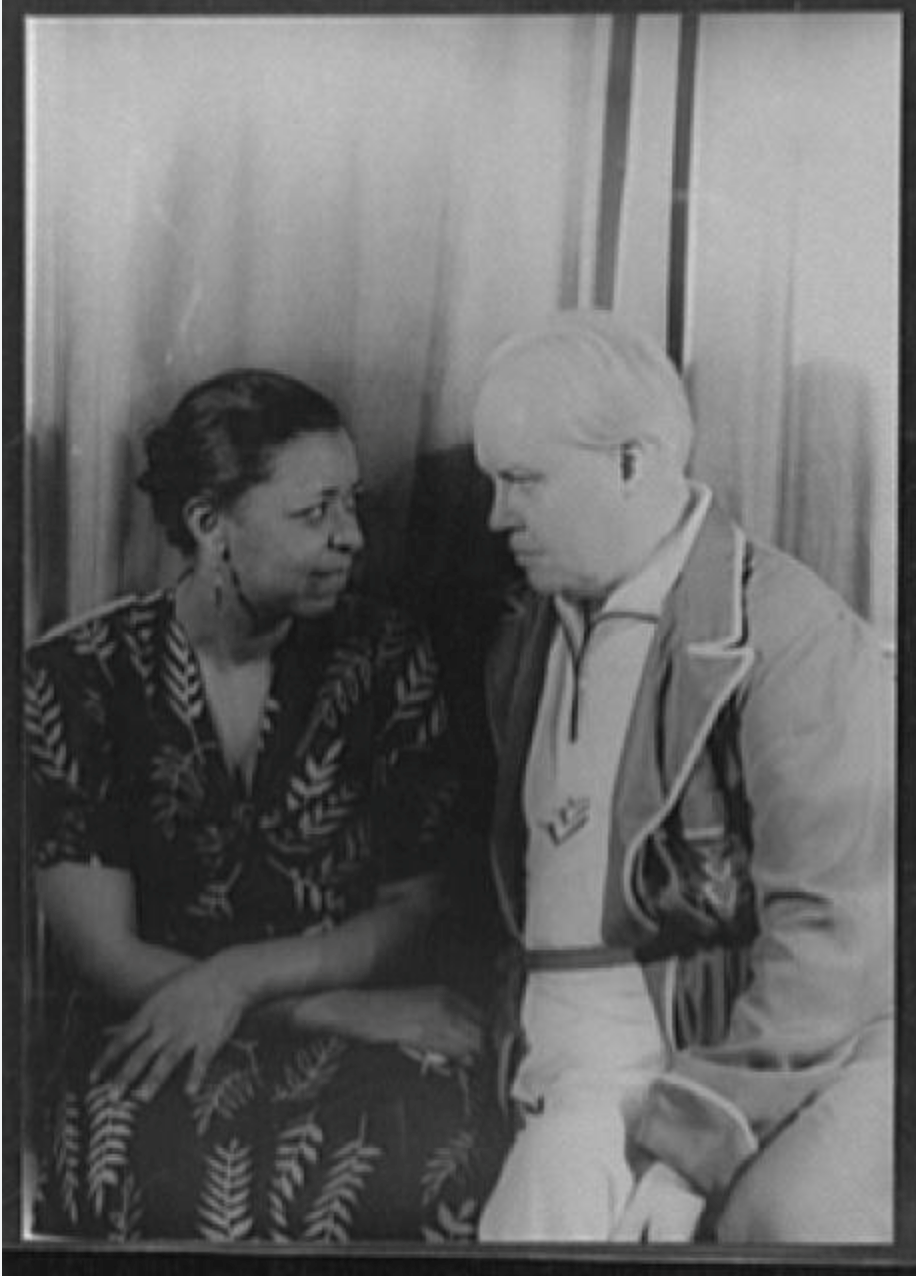Claude McKay, America's First Black Protest Poet
From 1919 when this Jamaican-born writer published a powerful set of poems in the left-wing little magazine, The Liberator, ClaudeMcKay became one of the most famous Black writers of the 1920s and 30s. He wrote in several genres but gained his earliest reputation as a poet. The publication of his searing sonnet, "If We Must Die," initiated this fame and the poem itself has gone on to a long, sometimes apocryphal afterlife. It also expressed a sea-change in the relations between African Americans and white Americans. In the face of white rampagers, lynchings and massacres, Black America would fight back.
The impetus for the writing of "If We Must Die" was the endless series of race riots, lynchings, and civic unrest triggered by white America's fear of trained African American soldiers returning from World War I and the sharpened economic competition for jobs between returned Blacks and demobilized white soldiers. Though the "troubles" occurred throughout that year, James Weldon Johnson, a field secretary for the NAACP, coined the term for The Red Summer of 1919. Here's McKay's recounting of the poem's genesis from his autobiography.
Our Negro newspapers were morbid, full of details of clashes between colored and white, murderous shootings and hangings. Traveling from city to city and unable to gauge the attitude and temper of each one, we Negro railroad men were nervous. . . . We stayed in our quarters all through the dreary ominous nights, for we never knew what was going to happen. It was during those days that the sonnet, "If We Must Die," exploded out of me.
Earlier generations of poets had lamented the plight of Blacks in genteel or indirect terms (e.g. Dunbar's "We Wear the Mask"), but McKay's poetry sounded a new note of defiance and an unvarnished depiction of white savagery. Published on the same page as McKay's famous sonnet is a searing "Roman Holiday" that takes no prisoners. Here is the first stanza:
'Tis but a modern Roman holiday
Each state invokes its soul of basest passion,
Each vies with each to find the ugliest way
To torture Negroes in the fiercest fashion.
Black Southern men, like hogs await your doom!
White wretches hunt and haul you from your huts,
They squeeze the babies out your women's womb,
They cut your members off, rip out your guts!
Small wonder that "If We Must Die" was anointed for fame. Furthermore, the poem's lack of racial specificity allowed it to be quoted by other underdogs in other times. There are apocryphal stories of Churchill reading it on a radio speech during the German Blitz and of it being found on the body of a prisoner after the deadly Attica Prison uprising of 1971. But McKay's militancy didn't stop with the passing of the Red Summer (though, interestingly, he was never so harsh or direct in his later fiction). When Alain Locke published a militant McKay poem in The New Negro (1925), he changed the title from "White House" to "White Houses," hoping to avoid the whiff of radicalism. This act of censorship severed the two men's friendship. "
“No wonder Garvey remains strong despite his glaring defects,” the affronted poet wrote to Locke, “when the Negro intellectuals like you take such a weak line!”
Recent Posts




SHOGA FILMS is a 501(c) (3) non-profit production and education company. We create multimedia works around race and sexuality that are intended to raise awareness and foster critical discussion.
Contact Us
All Rights Reserved | Shoga Films
Stay Connected
Thanks for subscribing!
Please try again later.



